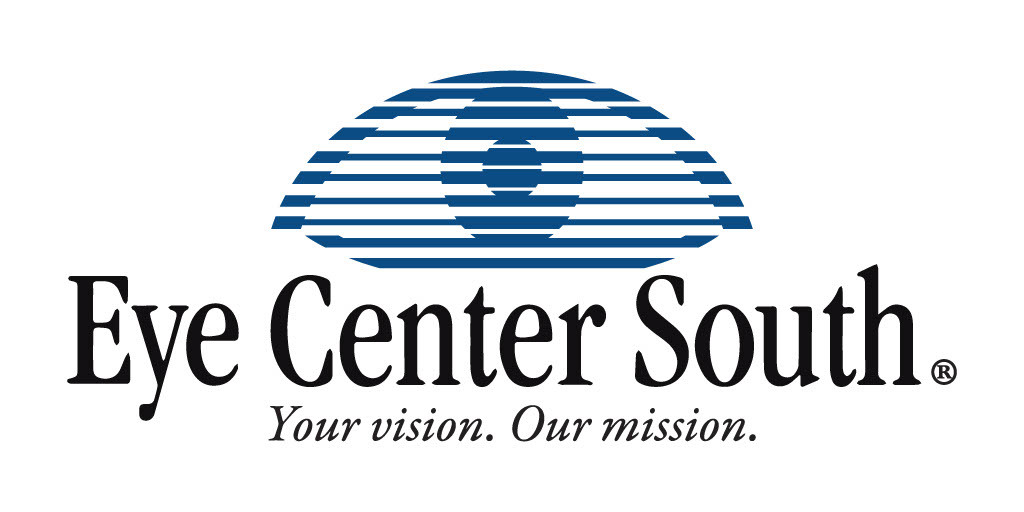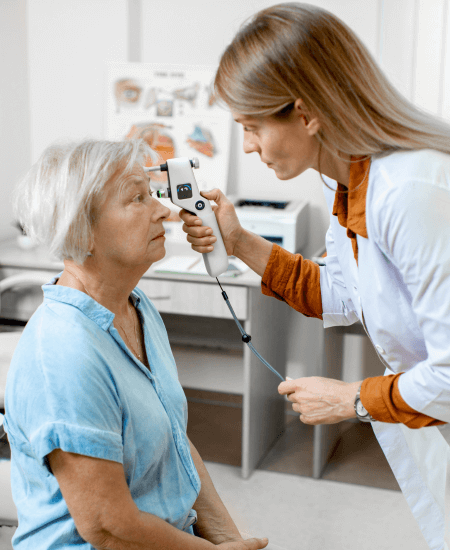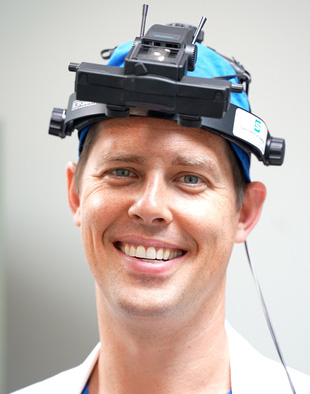Glaucoma, often referred to as the “silent thief of sight,” poses a serious threat to our vision. With advancements in medical science, effective treatments have emerged to manage this condition. In this comprehensive guide, we will explore various aspects of glaucoma treatment, empowering individuals with the knowledge they need to preserve their eyesight.
Understanding Glaucoma
Glaucoma isn’t a single eye disease but a group of conditions that damage the optic nerve, the vital link between the eye and the brain. The primary culprit is often an elevation in intraocular pressure, which can lead to progressive and irreversible vision loss if left untreated. There are several treatment options available for managing this sight-threatening condition.

Eye Drops
The most common initial approach in glaucoma treatment involves prescription medications, typically in the form of eye drops. These medications work to reduce intraocular pressure by either decreasing the production of intraocular fluid or improving its drainage. Regular use of these eye drops is crucial for managing glaucoma and preventing further optic nerve damage.
Laser Therapy
Laser therapy offers a viable option for individuals whose symptoms have not been improved by eyedrops. Laser trabeculoplasty and laser peripheral iridotomy are two common procedures that aim to enhance the drainage of intraocular fluid, effectively lowering intraocular pressure. These outpatient procedures are minimally invasive and have shown success in managing glaucoma progression.
Surgical Interventions
In cases where medications and laser therapy may not provide sufficient control, surgical interventions become a consideration. Trabeculectomy, the creation of a new drainage channel, and minimally invasive glaucoma surgeries (MIGS) are among the options that offer lasting results in reducing intraocular pressure and slowing down the progression of glaucoma.
Collaborative Care and Lifestyle Considerations
In addition to medical interventions, collaborative care between patients and healthcare providers is essential. Regular eye check-ups, adherence to prescribed medications, and open communication about any changes in symptoms are integral components of successful glaucoma management. Lifestyle considerations, such as a heart-healthy diet and stress management, can also contribute to overall eye health.

When it comes to glaucoma treatment, it’s clear that there’s no one-size-fits-all solution. Whether it’s the daily routine of eye drops, laser precision, or surgical intervention, the key is an approach tailored to each individual. Collaborative care, where patients actively participate in their treatment journey, is equally important in preserving vision.
Regular eye exams are crucial, serving as a proactive measure in detecting glaucoma early and ensuring timely intervention. If you are experiencing symptoms of glaucoma or have already been diagnosed, take the next step by scheduling an appointment with a glaucoma specialist at Eye Center South today.





